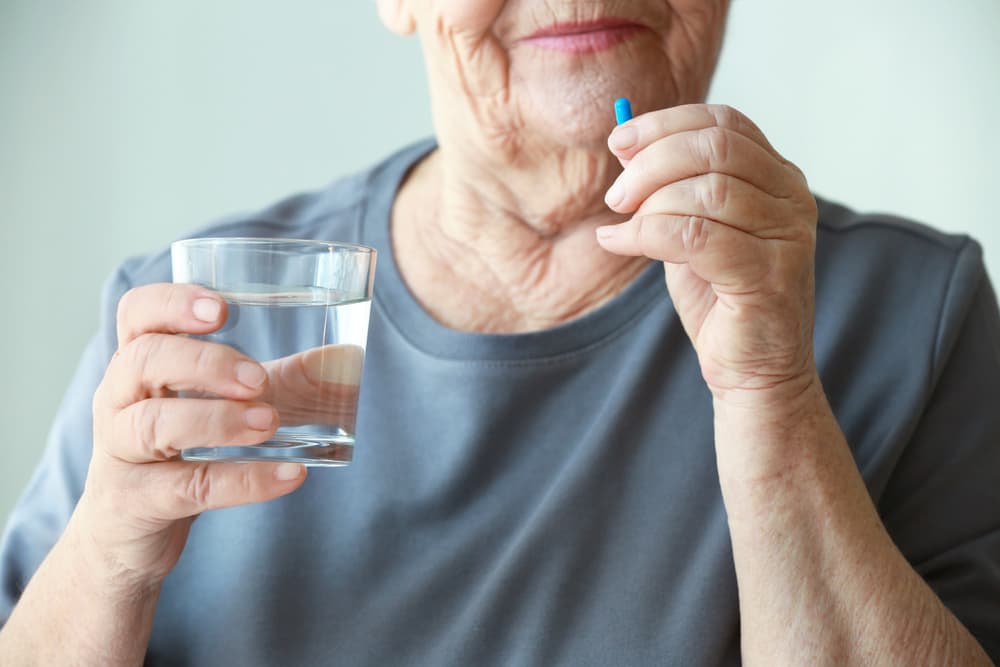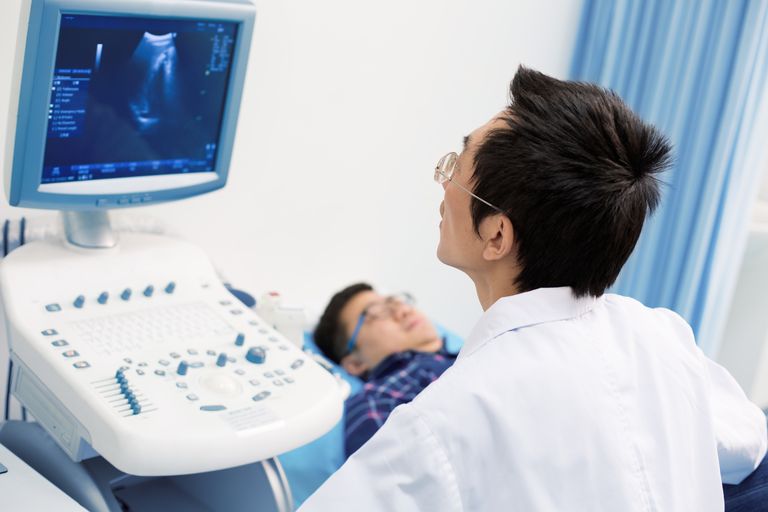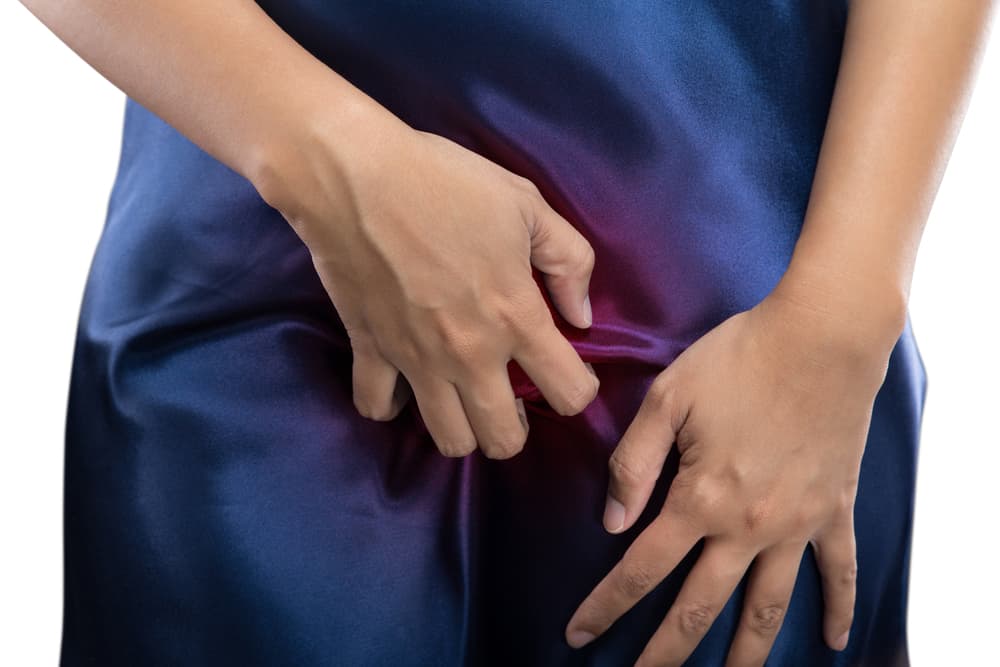Contents:
- Medical Video: The Side Effects of Statins
- What are the side effects of statins that might appear?
- 1. Side effects of statins are common
- 2. Muscle pain (myalgia)
- 3. Inflammation of the liver
- 4. Side effects of statins are less common
- 5. The side effects of statins are serious, but rare
Medical Video: The Side Effects of Statins
Statins have been used for more than 20 years as a safe and effective cholesterol-lowering drug. But like other drugs, statins can cause side effects. What's more, even though most people can tolerate drugs well without problems, some people do appear to be more sensitive to statins than others. The side effects of statins can also vary between types and doses consumed.
What are the side effects of statins that might appear?
Your risk of experiencing statin side effects can increase if you consume large amounts of statins at once, have kidney or liver disease, or have small postures. Women and older people over 65 also experience a higher risk increase. The following are the side effects of statins that may appear, from the most common to the least common.
1. Side effects of statins are common
Although side effects can vary between different types of statins, common side effects include:
- Nausea or vomiting
- Sleepy
- Dizzy
- Abdominal cramps or abdominal pain
- Bloated
- Headache
- Problems with the digestive system, such as constipation, diarrhea, indigestion, or flatulence
However, it is unclear whether most of the common problems people experience when taking statins are actually caused by the drug itself.
2. Muscle pain (myalgia)
Statins can sometimes cause swelling and pain in the muscles. How the side effects of statins can cause muscle pain is not yet fully understood. One theory is that statins affect proteins in muscle cells, which reduce muscle growth.
Another theory is that statins reduce the levels of natural substances in your body called coenzyme Q10. This substance helps your muscles produce energy. With a little energy, your muscle cells may not work properly. One of these actions can cause muscle aches, muscle fatigue, and muscle weakness so that tasks that were once simple, such as climbing stairs or walking can make you uncomfortable and tired when using statins.
3. Inflammation of the liver
Sometimes, the side effects of statins can cause an increase in the level of enzymes that indicate inflammation of the liver. If the increase is only mild, you can continue taking medication. Rarely, if the increase is severe, you may need to try a different statin.
Although liver problems are rare, your doctor may recommend a liver enzyme test before or shortly after you start taking statins. You should not need additional liver enzyme tests unless you start showing signs or symptoms of problems with your heart. Call your doctor immediately if you have unusual fatigue or weakness, loss of appetite, pain in the upper abdomen, dark urine, or yellowing of the skin or eyes.
4. Side effects of statins are less common
Uncommon statin side effects include:
- Feeling sick or not feeling well
- Loss of appetite or weight gain
- Sleeplessness (insomnia) or having a nightmare
- Dizziness - if you experience this, don't drive or use tools and machines
- Loss of sensation (numbness) or tingling in the nerve end of the hands and feet (peripheral neuropathy)
- Memory problems, difficulty thinking, or difficulty concentrating
- Blurred vision - if you experience this, do not drive or use tools and machines
- Ears ringing
- Inflammation of the liver (hepatitis), which can cause flu-like symptoms
- Inflammation of the pancreas (pancreatitis), which can cause abdominal pain
- Skin problems, such as zits or itchy red rashes
- Feeling very tired or physically weak
- Depression and irritability
The various side effects of statins above can affect 1 in 100 people.
5. The side effects of statins are serious, but rare
Statins are associated with some rare but potentially serious side effects, including:
- Easy to bleed or bruise
- Yellowing of the skin and eyes (jaundice)
- Myositis (inflammation of the muscles). The risk of muscle injury increases when there is interaction with certain drugs consumed with statins. For example, if you use a combination of statins and fibrates — other cholesterol-lowering drugs — the risk of muscle damage increases very high compared to someone who uses statins only
- Increased levels of CPK, or creatine kinase, a muscle enzyme that when elevated can cause muscle pain, mild inflammation, and muscle weakness. This condition, although rare, can take a long time to recover
- Rhabdomyolysis, inflammation and extreme muscle damage. Rhabdomyolysis causes the muscles of the entire body to feel painful and weak. Severe damaged muscle releases protein into the blood which eventually collects in the kidneys. The kidneys can be damaged by trying to remove a large amount of the "poison" protein that causes muscle damage caused by the use of statins. This can eventually lead to kidney failure or even death. Fortunately, rhabdomyolysis is very rare. This occurs in fewer than one in 10,000 people taking statins.
- Increased blood sugar levels (hyperglycemia)
- Increased risk of diabetes
If you experience other problems outside of the list above that you think are related to statin side effects, it is important to report it to the doctor. Your doctor can tell you what to do to deal with it. Your dose may need to be adjusted or you may need a different type of statin.












